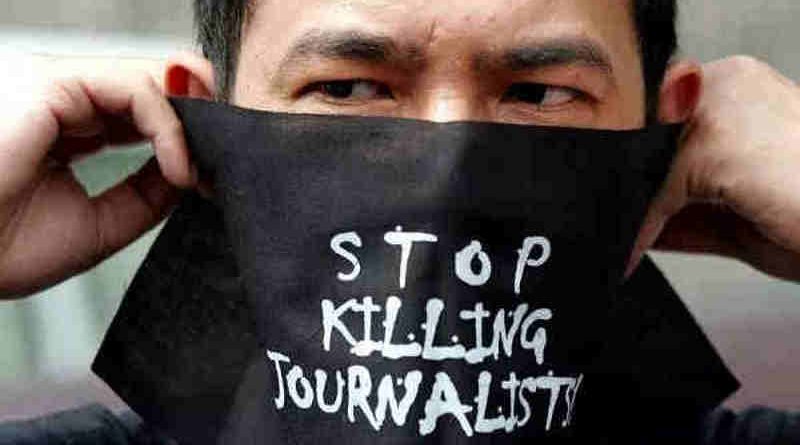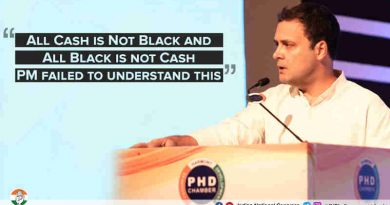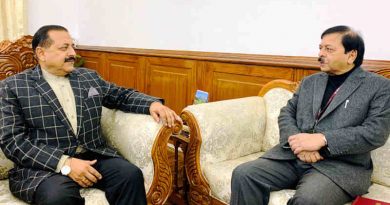India on RSF Press Freedom Index: 142 in 2021, 150 in 2022, 161 in 2023

India on RSF Press Freedom Index: 142 in 2021, 150 in 2022, 161 in 2023
India’s press freedom performance is worse than that in traditional authoritarian nations such as Venezuela, Nicaragua, Belarus, Palestine, and even Pakistan.
By RMN News Service
The 2023 World Press Freedom Index released today (May 3) by Reporters Without Borders (RSF) shows that India is increasingly becoming a dangerous place for journalists.
India’s rank on the RSF Index fell from 142 in 2021 to 150 in 2022 to 161 in 2023, which is a manifestation of the fact that press freedom is constantly under state attack.
One of the reasons for a poor press freedom position for India is its recent raids on BBC offices in India, as BBC released a documentary that showed prime minister Narendra Modi’s role in Gujarat violence on Muslims. RSF had denounced the Modi government’s attacks on BBC.
In its analysis, RSF says that the violence against journalists, the politically partisan media, and the concentration of media ownership all demonstrate that press freedom is in crisis under Modi, who is the leader of the Bharatiya Janata Party (BJP) and the embodiment of the Hindu nationalist right.
Moreover, India’s press freedom performance is worse than that in traditional authoritarian nations such as Venezuela, Nicaragua, Belarus, Palestine, and even Pakistan. Now, India’s rank is close to the fully autocratic country Russia (164) in the list of 180 countries monitored by RSF.
“With an average of three or four journalists killed in connection with their work every year, India is one of the world’s most dangerous countries for the media,” RSF said in its report.
It adds that journalists are exposed to all kinds of physical violence including police violence, ambushes by political activists, and deadly reprisals by criminal groups or corrupt local officials.
According to RSF, supporters of Hindutva – the ideology that spawned the Hindu far right – wage all-out online attacks on any views that conflict with their thinking. Terrifying coordinated campaigns of hatred and calls for murder are conducted on social media, campaigns that are often even more violent when they target women journalists, whose personal data may be posted online as an additional incitement to violence, RSF said.
The situation, according to RSF, is also still very worrisome in Kashmir, where reporters are often harassed by police and paramilitaries, with some being subjected to so-called “provisional” detention for several years.
The RSF World Press Freedom Index evaluates the environment for journalism in 180 countries and territories and is published on World Press Freedom Day (May 3).





